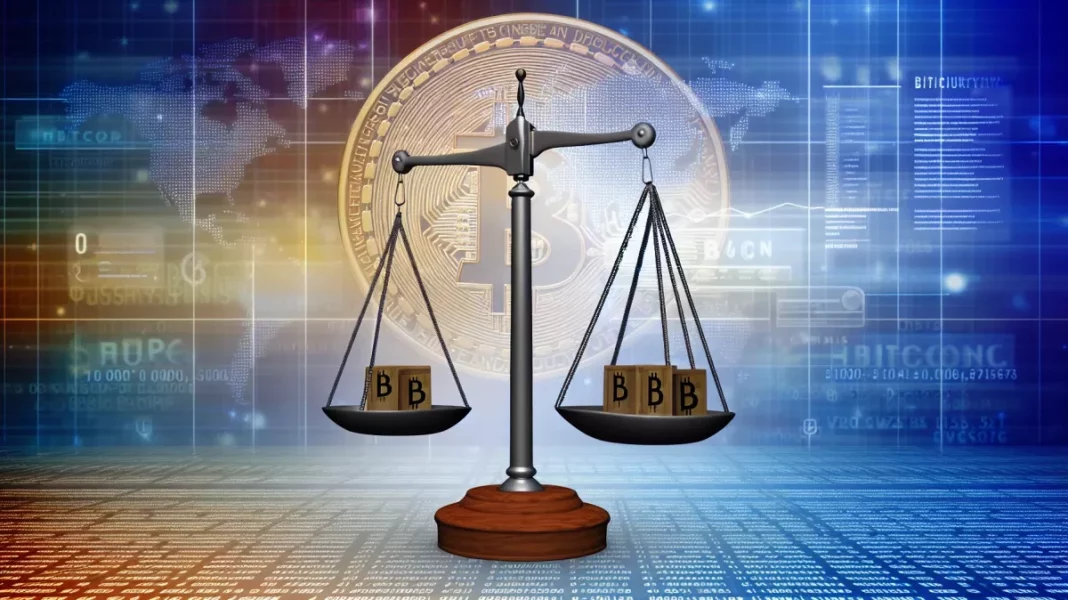As the digital age advances, the intersection of online gaming and cryptocurrency continues to reinvent the virtual landscape. Among the proliferating trends, Bitcoin dice games have emerged as a lucrative niche in the online gambling world. However, the burgeoning market has not been without its complications. Legal implications regarding compliance and fair play in the realm of Bitcoin dice games have become talking points for regulators, players, and operators alike.
The legality of Bitcoin dice games, like other cryptocurrency endeavors, operates within a nebulous territory. Online gambling laws vary significantly across countries and jurisdictions. While some regions maintain strict regulations, others offer more lenient environments. Bitcoin, with its decentralized nature, challenges these traditional regulatory frameworks, often bypassing conventional financial systems and their accompanying controls.
Operators of Bitcoin dice games must tread carefully to ensure their services comply with the local gambling laws of the jurisdictions in which they operate. Many countries expect operators to obtain a license, even if the platform is entirely online and deals exclusively in cryptocurrencies. The process for obtaining a license can be intricate, with requirements stipulating that operators must demonstrate the integrity of their platform, responsible gaming measures, and the ability to prevent money laundering and fraud.
One of the most pressing concerns with Bitcoin dice games and cryptocurrency gambling, in general, is verifying the age and identity of players. Responsible gambling protocols necessitate that operators have stringent Know Your Customer (KYC) procedures in place. This can seem at odds with the anonymity that many cryptocurrency users seek. Yet, without proper KYC measures, platforms risk inadvertently facilitating underage gambling or other illicit activities, which can lead to severe penalties or shutdowns.
Fair play is another critical aspect that legal frameworks aim to address. The essence of fair gaming ensures that the outcome of any bet is determined by chance and not manipulated. For Bitcoin dice games, fairness is often demonstrably assured through provably fair algorithms. These cryptographic algorithms enable players to verify the fairness of each roll or outcome post-facto. Players can thus independently confirm that the result was not influenced by the operator or any other party, fostering transparency and trust in the game’s fairness.
However, the provably fair system is not foolproof. The technical intricacy associated with understanding the algorithm may alienate some users, leaving them to trust the operator’s integrity blindly. Regulators may step in to demand that operators provide user-friendly explanations of their provably fair systems or, alternatively, undergo third-party auditing to validate their fairness claims.
When it comes to financial transactions, Bitcoin brings a level of complexity to the table. Winnings from gambling are often subject to tax, but the anonymity and fluctuating value of cryptocurrencies make tracking and reporting such gains problematic for both players and tax authorities. Herein lies another compliance hurdle – ensuring that the winnings are declared and taxed accordingly. Without a central authority tracking these transactions, the onus is on the players and operators to adhere to tax laws, but the tempestuous nature of cryptocurrency can make this a daunting task.
Dovetailing with financial complications are concerns surrounding the potential for money laundering. Cryptocurrencies, often praised for their privacy-enhancing capabilities, can similarly be exploited for nefarious activities. This vulnerability necessitates that Bitcoin dice game operators impute anti-money laundering (AML) protocols equivalent to traditional financial institutions. Crafting such protocols to encompass the pseudonymous nature of Bitcoin transactions without infringing on user privacy poses significant challenges.
In conclusion, the intersection of Bitcoin dice games and legal regulations is a dynamic frontier with its distinct complexities. Operators must navigate compliance requirements, integrate rigorous KYC and AML protocols, and ensure the provable fairness of their games, all while operating within the shifting landscape of cryptocurrency laws. Players, too, bear the responsibility of understanding and adhering to the legal and tax obligations of their winnings. As regulators continue to grapple with the ever-evolving tech of digital currency, the Bitcoin gambling industry must evolve to ensure longevity, legitimacy, and fairness in its offerings. Only through a balanced approach can the thrilling world of Bitcoin dice games continue to flourish responsibly within the legal frameworks designed to safeguard players and the integrity of online gambling.



